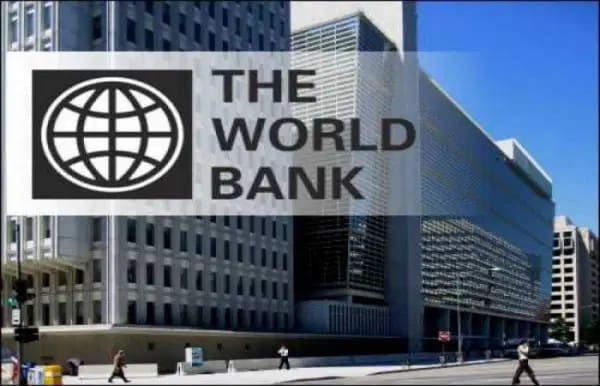World Bank Unveils Four-Point Strategy to Drive Nigeria’s Economic Growth and Job Creation

World Bank Unveils Four-Point Strategy to Drive Nigeria’s Economic Growth and Job Creation

The World Bank has announced a four-pronged approach aimed at boosting Nigeria’s economic growth and creating more and better employment opportunities. This strategic outline was detailed in the latest Nigeria Development Update for May 2025, emphasizing the importance of a private sector-led and publicly supported effort to realize Nigeria’s goal of reaching a $1 trillion economy.
The Bank highlighted that achieving this milestone, along with reducing poverty and fostering shared prosperity, requires accelerating growth and shifting its focus toward the most productive sectors and businesses. These sectors should generate positive spillovers, create widespread jobs, and provide opportunities, especially for the poor and vulnerable.
Currently, while sectors like finance and Information and Communications Technology (ICT) are significant growth drivers, they do not offer enough employment to the masses, partly because many Nigerians lack the necessary skills and opportunities to participate fully in these industries.
To promote inclusive growth, the World Bank proposed a strategy centered on the following key elements:
1. Closing critical infrastructure gaps, notably in electricity and transportation;
2. Encouraging healthy competition, enhancing market openness, and improving the overall business environment to stimulate entrepreneurial dynamism;
3. Expanding access to finance for both new and existing enterprises to boost their growth and productivity;
4. Implementing improved policies in key sectors to unlock their full potential.
Alex Sienaert, the World Bank’s Lead Economist for Nigeria, commented that sustainable growth and job creation cannot be driven solely by the public sector, especially given limited public resources. He emphasized that an effective strategy involves positioning the government as both a provider of essential public services—particularly in building human capital and infrastructure—and as a facilitator that enables the private sector to invest, innovate, and expand the economy.






